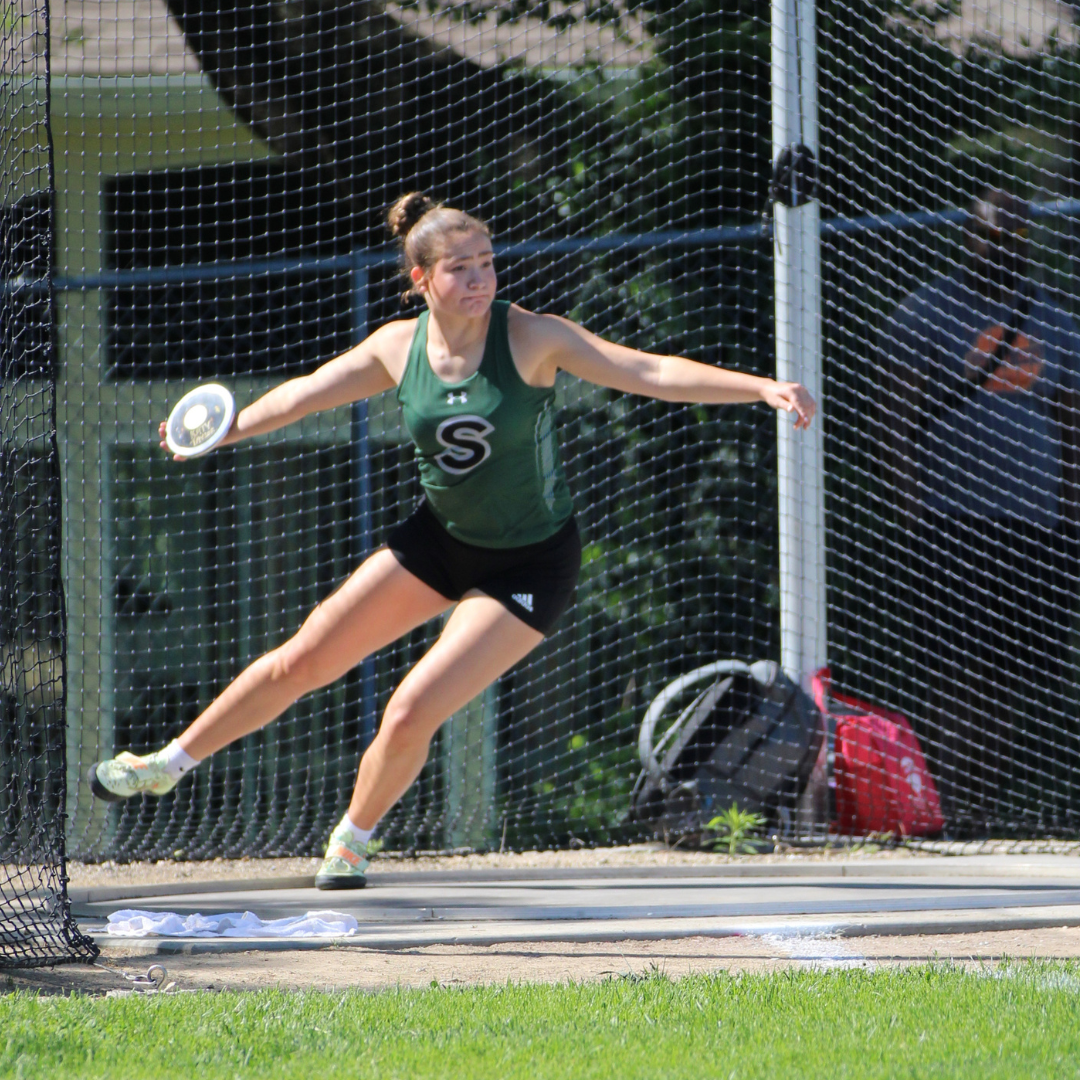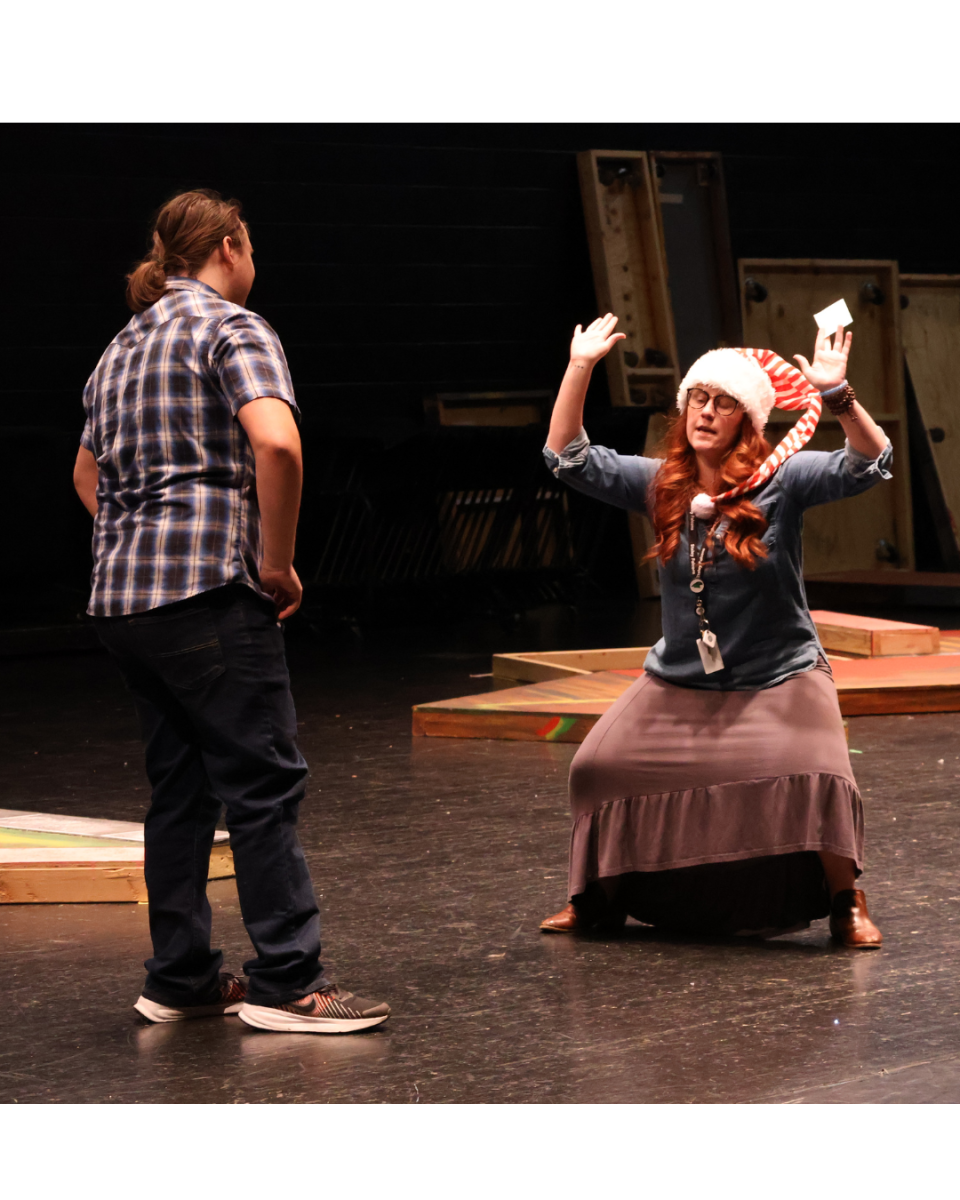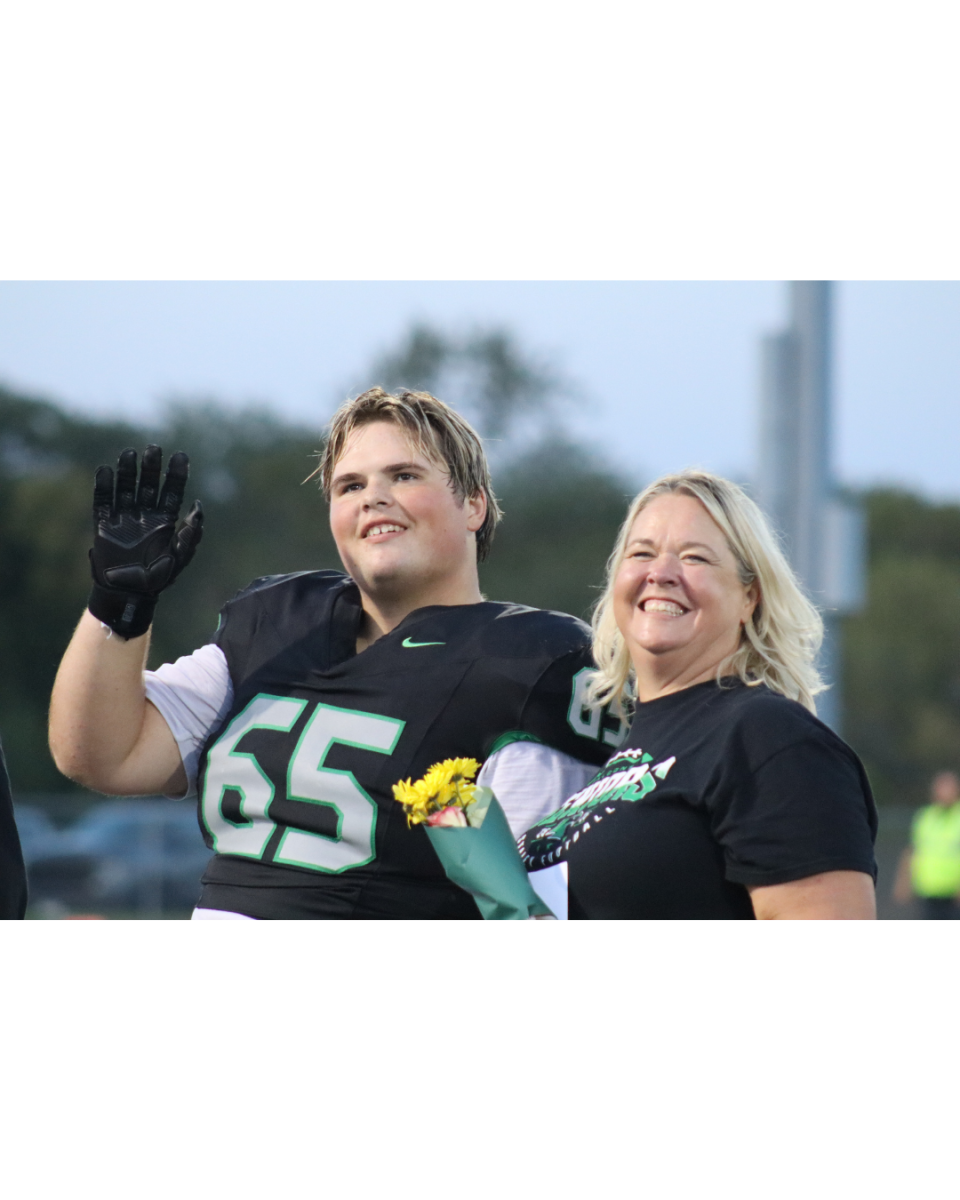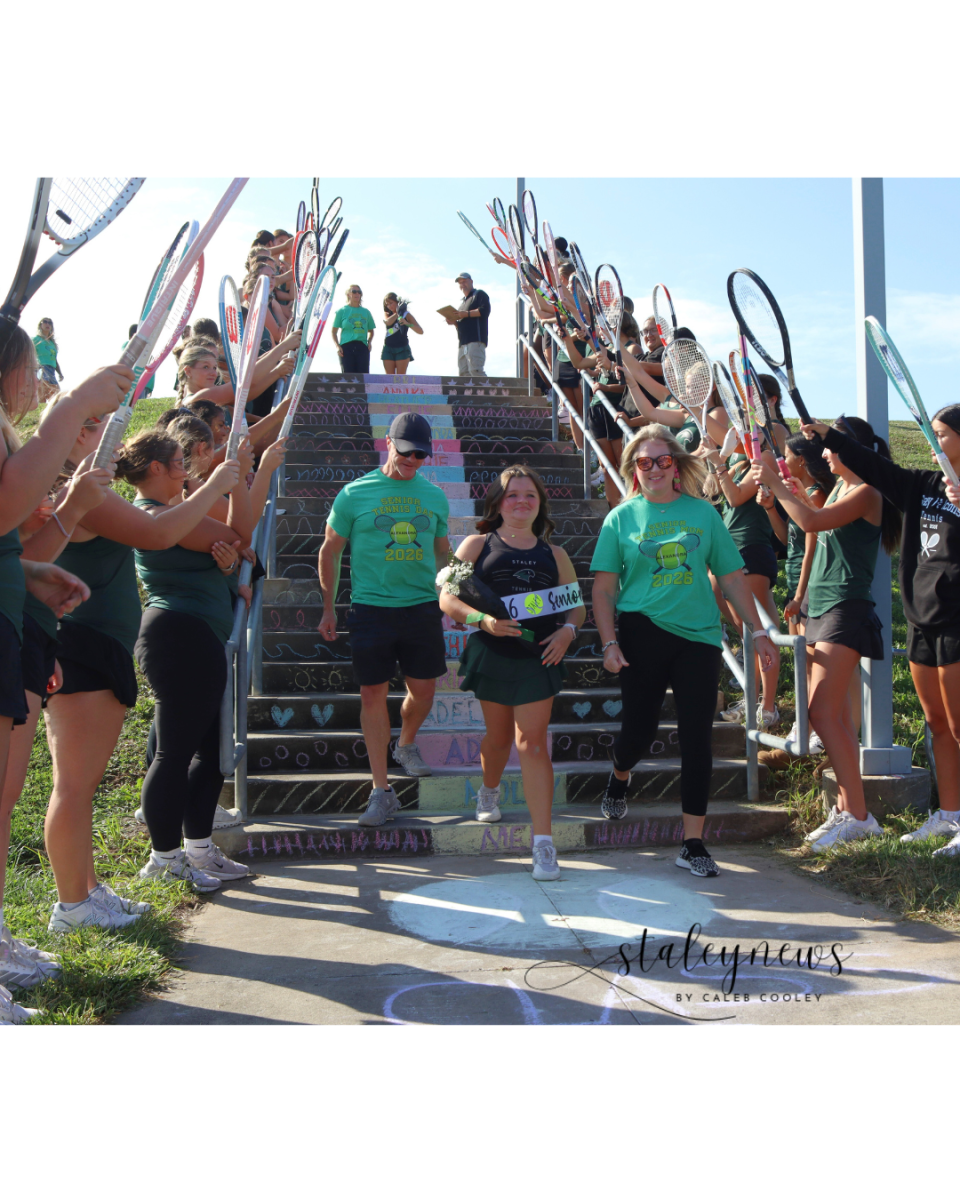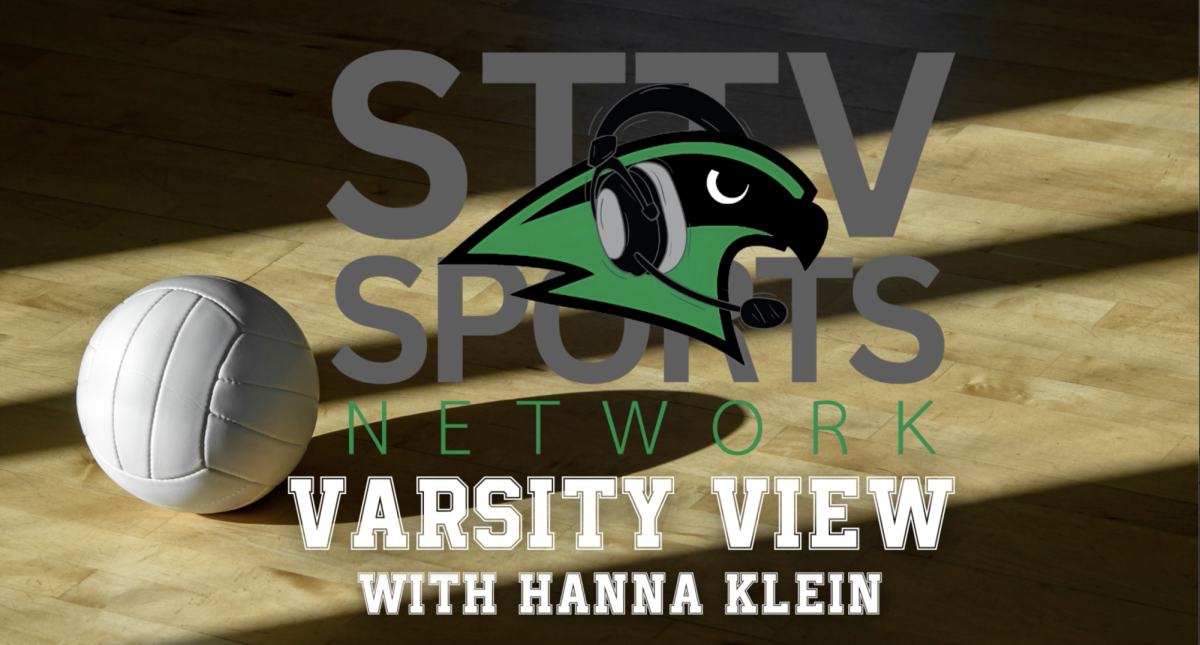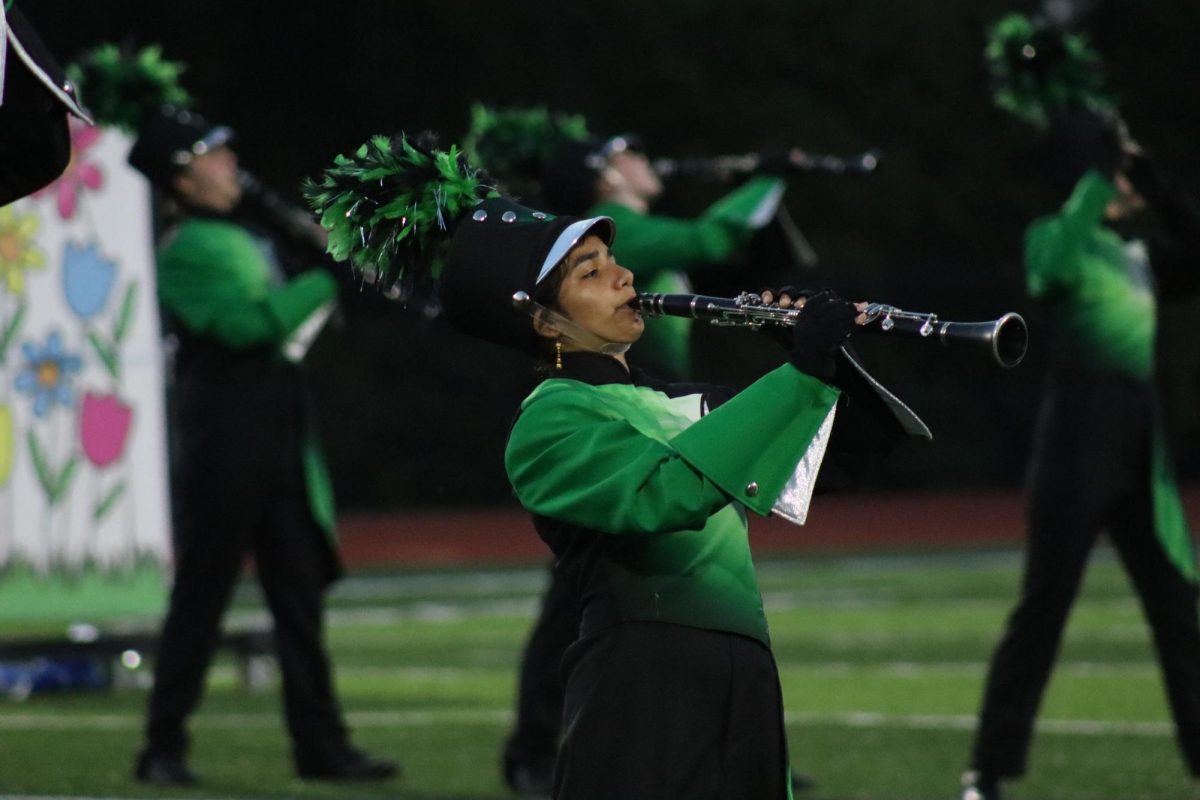Freshman athletes may think they have all the time in the world to prepare for college sports, but the truth is there are steps that need to be started now to have a better chance at getting a recruiter’s attention and eventually earning that athletic scholarship.
Activities director Chris Neff had insight on the process of earning athletic scholarships.
“The first thing I do is talk to people about the term scholarship because that word can be misconstrued as full ride or free education,” Neff said. “Often scholarships are just financial aid or an opportunity to play a particular sport and have some of your education paid for. And sometimes there are full rides, and others are partial.”
Neff shared the importance of student athletes educating themselves and said the best way to do that was by going to the NCAA.org website and learning what coaches are allowed to say to you. What I mean by this is if a college coach likes you, they can’t just offer you a spot right away freshman year. They legally aren’t allowed to tell you they’re interested or any signs of them wanting you until summer of junior year. The most college coaches can do until then is invite students to camps and showcases.Track senior Katy Taylor had advice for athletes.
“Keeping in touch with coaches as much as possible, like going to as many camps as you can, going to showcases, making frequent posts on your Instagram, pretty much just staying in contact and keeping their attention,” Taylor said. “Make sure they don’t forget your name.”
Neff had said once athletes understand what scholarships are and what the rules of contact are, the next step should be learning the best ways to attract the coaches and how to get noticed. There are different ways to achieve this. Taylor, who has a sports scholarship to Colorado State University, talked about how to get noticed.
“I think the biggest thing you can do is to put yourself out there with the realm and coaches,” Taylor said. “I think making social media accounts for yourself just dedicated to your sport is pretty good, too. It’s difficult to go up to coaches and to get those experiences with them, but it’s kind of something you just have to do.”
Neff talked about how important it is to have a good relationship with the high school coach and any club coach or coaches to train or workout with Because most coaches want their students to pursue beyond high school sports so they should know a lot that can help you
Neff said to get noticed, student athletes need to be on varsity at school or when in club season, being in the bigger events.
“Then hopefully you’re put in a position by your high school team or club to be seen by coaches at events or film,” Neff said.
Taylor said getting a scholarship was “up and down.”
“I probably went and toured 10-15 different schools, so it’s difficult emotionally to get through that,” Taylor said. “The reality is it’s just a business, a money game for most coaches they only have a certain amount of money they can give towards recruitment and their program in general. So I say don’t take it personal, and remember it’s a business, and they could really like you as a person and think you’re talented but may just not have rough money for you.”
Neff said the next step would be getting the scholarships and understanding the work it actually takes to get one. There’s a lot more than just popping in and just getting the scholarship, which is where athletic directors for the school’s team or coaches for club are there to help you.
“You have to train like a college athlete,” Neff said. “Understand the rigor of what that is and time commitment, and put yourself in the position to train as a college athlete before you even get to college. I’ve coached some professional athletes, and they were pros before they were pros. They trained like pros, played like pros, ate like pros, lifted weights like pros before they were even pro athletes.”
Neff also talked about how important the intangible things are in getting a scholarship.
”You also have to be a good person,” Neff said. “You’ve got to clean up your social media, get good grades and be upstanding in the hallways of the school building. They do the research on you.”
Taylor said the scholarships for her were pretty cut and dry but that it’s different with team sports there looking to see how well people work with the rest of the team,and they need to see what kind of person they are.
“Kids at Staley aren’t the only kids trying to get scholarships,” Neff said. “We’re in a pot of about 2,000 students here, but the K.C. metro area has about a million, and the state of Missouri has even more than that, and there’s just so many people you’re competing against which leaves very few opportunities, so what’s going to separate you from them?”
Neff also said getting a scholarship is having good character. Not only do players need to be good at what they do but it’s about what kind of person the player is.

